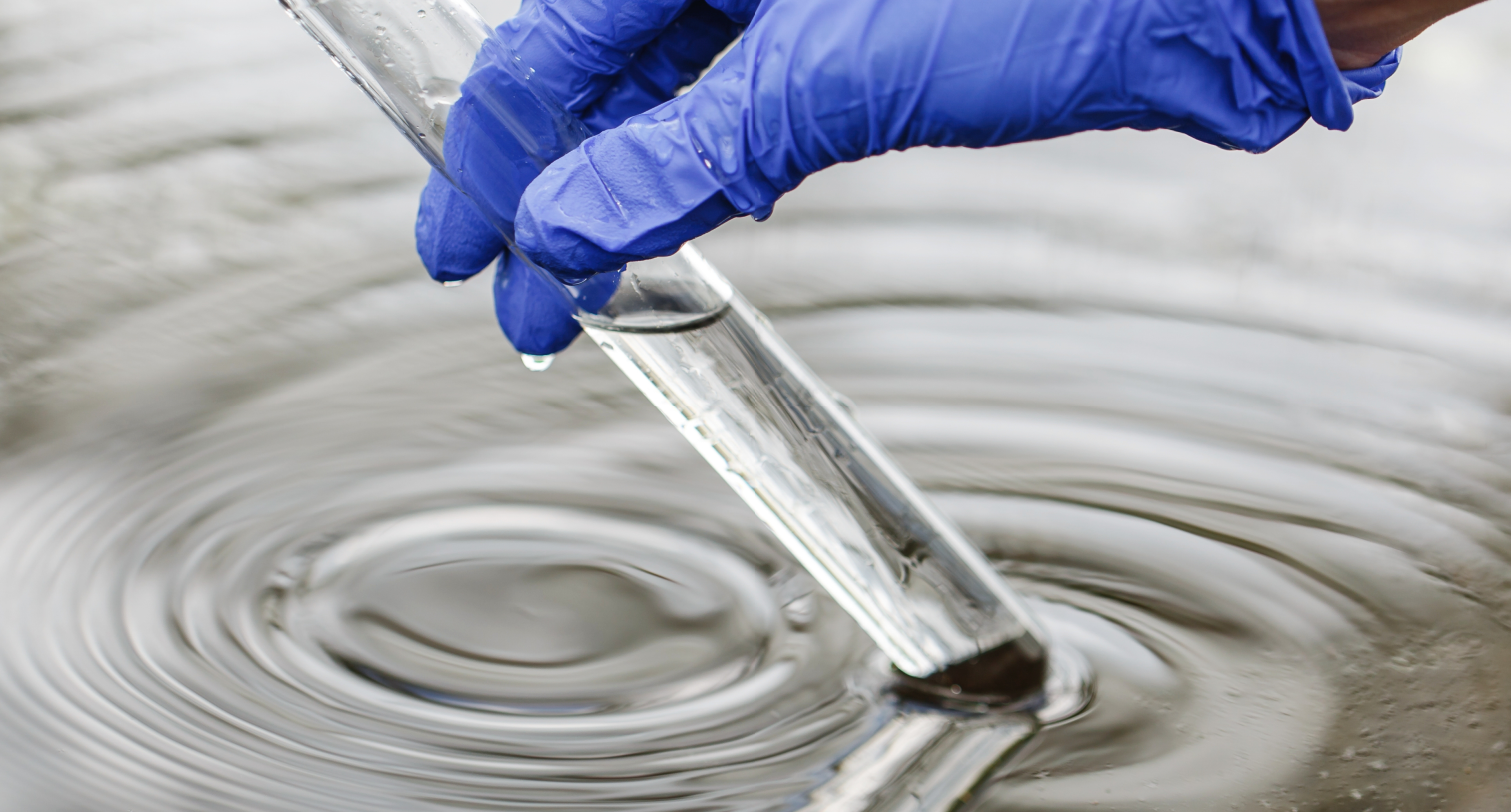Wastewater Reuse Criteria In Greece
by Andreadakis A., Gavalaki E., Mamais D., Tzimas A.

The Global NEST Journal is an open access journal that publishes original research articles, short papers and critical reviews on all aspects of Environmental Science and Technology, examples of which are:
Relevant topics incorporating the methodologies and state of the art of disciplines such as Environmental Management Policies, Ecosystems and Natural Resources Management, Hydrology and Water Resources Management, Clean Energy and Sustainability are included.
Submitted manuscripts are initially reviewed by the editor and selected after rigorous peer review by scientists in order to assess the significance, originality and appropriateness for publication.
Articles submitted to Global NEST Journal benefit from its broad scope and readership. We aim for a turnaround time of 4 weeks from submission to first decision.
Global NEST Journal is addressed to professionals in Academic, Consulting Offices, Government Agencies and Organisations, as well as others responsible for the investigations, evaluation of complicated environmental issues of global interest.
Print ISSN 1790-7632
Electronic ISSN 2241-777X
Journal Indexing
The 2024 Scopus CiteScore for the Global NEST Journal is 2.36. It is also ranked in the Q3 quartile for Environmental Science (miscellaneous).
Here's a breakdown of other key metrics:
Journal Impact Factor (JIF): The Journal Impact Factor (JIF) is not directly calculated in Scopus and is based on Web of Science data. Web of Science data. However, the Global NEST Journal does have a JIF, and the Journal Impact Factor (JIF) is 2-year Impact Factor is 1.5.
Index Copernicus Value (ICV) is a score presenting the level of development of journals registered in the ICI World of Journals database.
Scimago Journal and Country Rank (Scimago) provides information on the journal's H-index and SJR, while Researcher.Life lists the CiteScore and quartile. Web of Science Journal Info lists the JIF.
by Bali Imene, Berghiche Hinda, Bendali-Saoudi Fatiha, Barour Choukri
by Zeng Wenqin, Chen Xie, Wang Jintao, Rong Tongshuai, Zhou Feng, Zhao Bohao
by Ren Meifang, Zhang Rui, Yuan Fang
by Indushri Shanmuga Sundaram, Gandhimathi, Sri Pranap
by Younas Zohaib, Ullah Faiz, Batool Atiya, Ahmad Maaz, Rahman Ubaidur, Yousaf Tayyaba, Hussain Chudary Sadam, Ahmad Ilyas, Ikram Muhammad, Shahid Mudassir, Mashwani Zia-ur-Rehman